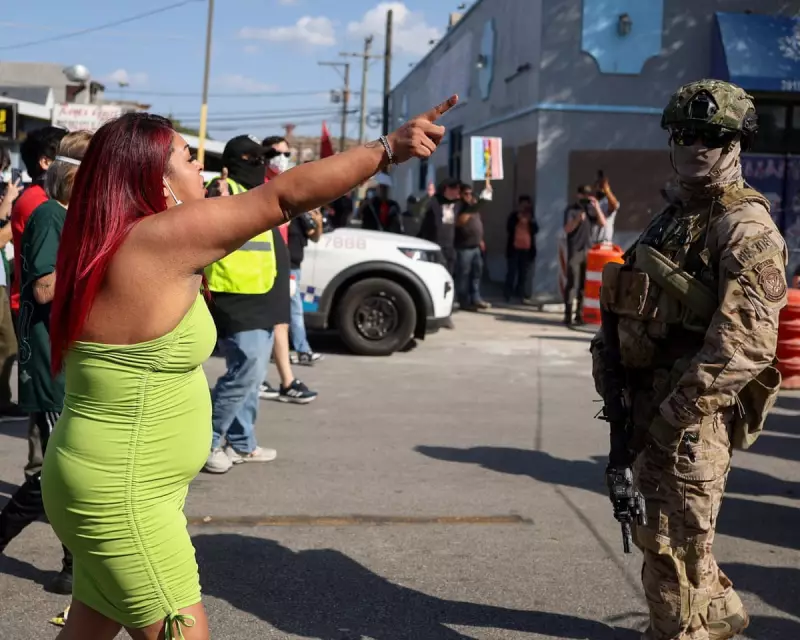
In a dramatic escalation of his administration's approach to urban unrest, President Trump has authorised sending National Guard troops into Chicago, even as a federal judge simultaneously blocked a similar deployment to Portland.
Chicago Deployment Authorised Amid Rising Tensions
The White House confirmed late Sunday that President Trump had signed off on deploying National Guard personnel to Chicago, citing what administration officials called "escalating violence and failure of local leadership" to maintain order. This move represents one of the most significant federal interventions in American city policing in recent memory.
Portland Plan Thwarted by Judicial Intervention
Meanwhile, in a stunning legal rebuke, a federal judge issued an emergency injunction blocking the administration's planned National Guard deployment to Portland. The ruling came after civil rights groups argued the move would violate constitutional protections and escalate tensions in the city that has seen prolonged protests.
Legal Battle Intensifies Over Domestic Military Use
The conflicting outcomes in Chicago and Portland highlight the deepening legal and political divisions surrounding the administration's use of military forces for domestic law enforcement. Legal experts suggest this could trigger a landmark constitutional challenge regarding the limits of presidential power in deploying troops within US borders.
The judge's ruling in Portland specifically cited concerns about potential violations of citizens' First and Fourth Amendment rights, while the Chicago deployment proceeds under different legal authority that gives states primary request authority for National Guard assistance.
Political Fallout and Public Reaction
The divergent paths of these two deployments have ignited fierce debate across the political spectrum. Supporters argue the Chicago action is necessary to combat rising crime rates, while critics condemn it as an unprecedented federal overreach into local affairs.
Chicago officials have expressed mixed reactions to the deployment, with some welcoming additional resources while others voice concern about federal intervention in local policing. The situation remains fluid as both legal and political battles continue to unfold.





